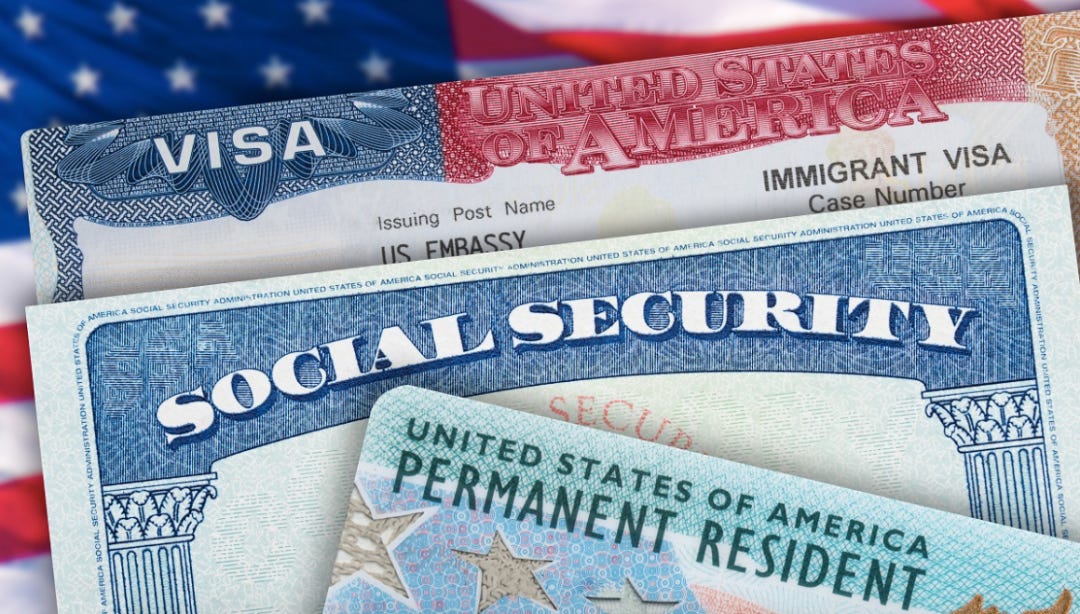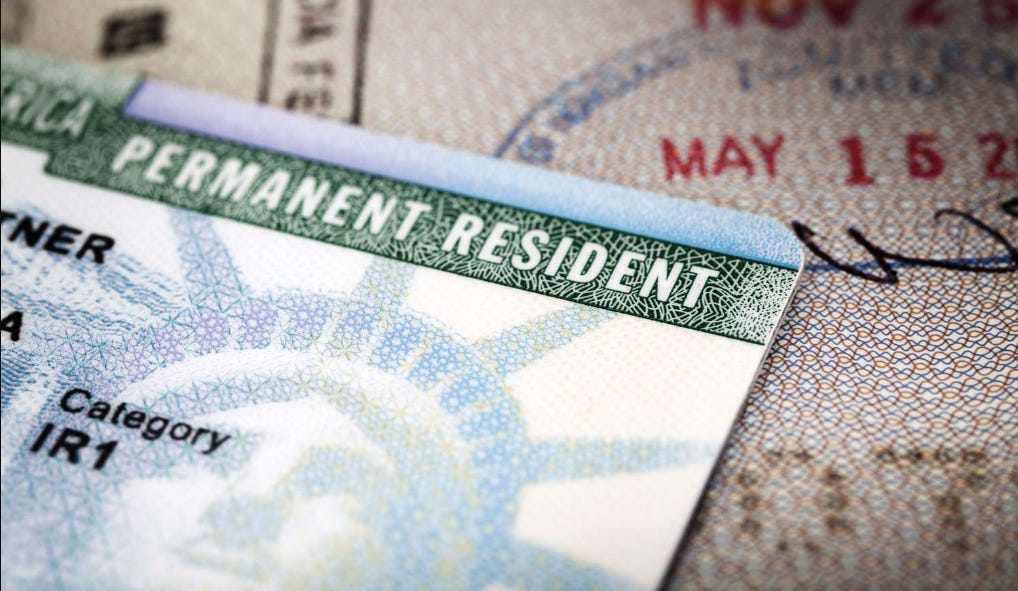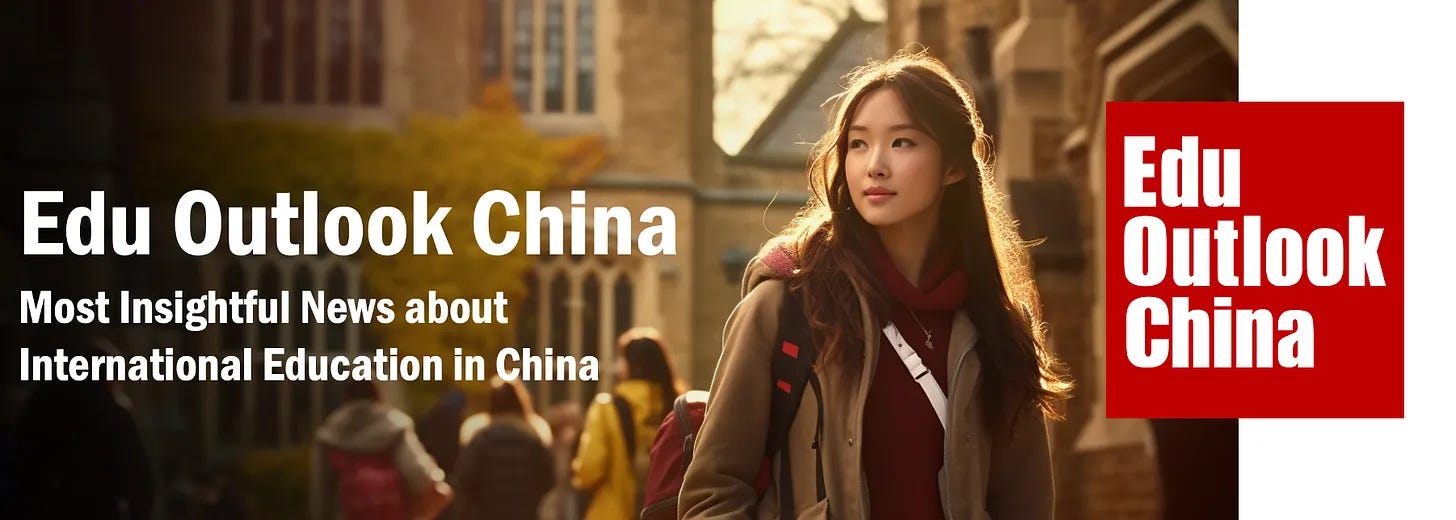Chinese international students can now directly apply for a U.S. green card! How does the process work?
On December 20th, the United States Citizenship and Immigration Services (USCIS) announced a significant development:
Allowing international students to apply for a green card during their study period in the United States, and this application will not impact their F1 or M1 visa status! Typically, for international students who wish to remain in the United States after graduation, the process is as follows:
F1 Visa – Optional Practical Training (OPT) – H1B Visa – Green Card.
The F1 Visa category is for non-immigrant academic students, permitting non-citizens to enter the U.S. as full-time students in colleges, universities, seminaries, conservatories, academic high schools, elementary schools, or other academic institutions or in language training programs.
The M1 Visa category is for non-immigrant vocational students, including students in established vocational or other recognized non-academic programs (excluding language training programs).
Usually, if a student has already applied for an F1 Visa or is in the process of renewing it, applying for a U.S. green card might result in the rejection of the F1 Visa. To avoid affecting their F1 status, some students choose not to apply for a green card temporarily.
However, things are different now. The newly issued guidelines specify that even if an applicant has an ongoing green card application (PERM, I-140, etc.), their student visa will not be denied as a result.
This means that as long as international students have a permanent residence abroad that they do not intend to abandon and can prove their intention to return to their home country after temporary stay in the U.S., they have the opportunity to apply for a green card while maintaining their student visa. According to the updated guidelines, international students with STEM (Science, Technology, Engineering, and Mathematics) degrees can participate in internship training (OPT) at startup companies, provided that the startup company employer complies with training program requirements, maintains a good reputation in E-Verify, and offers equal compensation to U.S. workers in similar situations, among other conditions.
This policy is beneficial for both international students and startup companies.
For startup companies, it helps them attract more foreign talent.
For international students, working at a startup company provides assistance with work visas and green card applications.
Currently, there are two pathways for international students to directly apply for a green card:
If applying on their own, they can only apply through the "high-tier" Outstanding Researchers (EB-1) and the "low-tier" National Interest Waiver (NIW) categories. Typically, students eligible for these channels need to hold at least a master's degree.
International students often work on accumulating honors through activities like publishing academic papers to meet the requirements for the Outstanding Researchers category.
Given the increasingly strict and challenging review process, most international students still rely on their employers after graduation to assist them in applying for a green card.
However, in the latter part of this year, various tech giants have started laying off employees, and many companies, including Google, Amazon Music, Nextdoor, Zillow, and others, have initiated layoffs, especially in the tech industry where many international students are employed.
According to TechCrunch statistics, as of early November 2023, the tech industry in the United States has laid off over 240,000 people, a 50% increase from the previous year, and the layoffs continue to rise.
In the overall U.S. statistics, 79% of employees laid off by tech companies found new jobs within three months, with only 5% taking more than six months to secure new employment. However, for H1B visa holders, finding a new employer willing to sponsor their visa within 60 days can be challenging. The "green card buffer" provides a significant advantage to job seekers with green cards, as they have more job choices and do not need to compete with individuals from countries like India and China who often face long waits for green cards.
In the current climate of increasingly challenging H1B visa lotteries, the new policy allowing F1 visa holders to directly apply for green cards is undoubtedly good news for students planning to stay in the United States.





